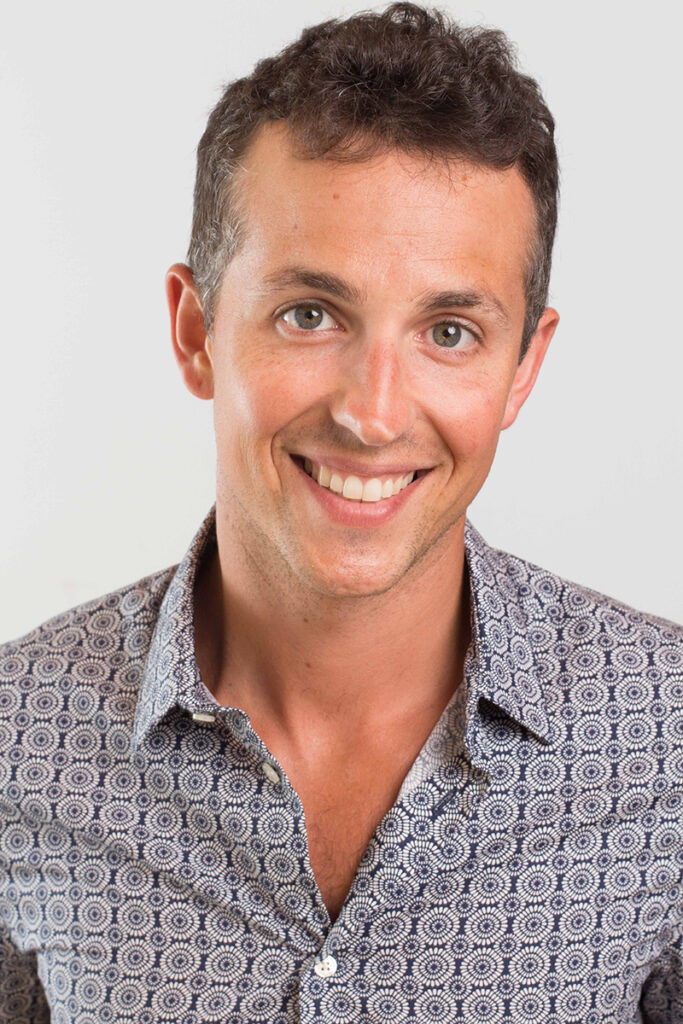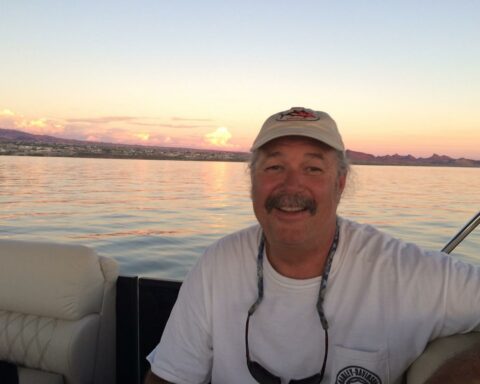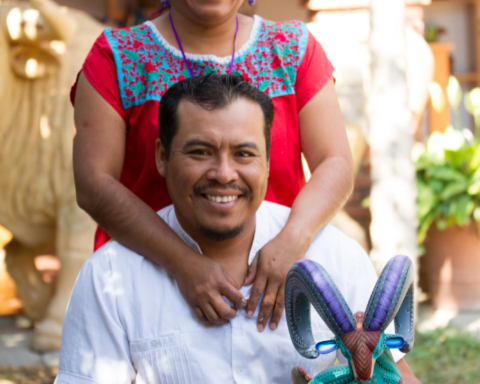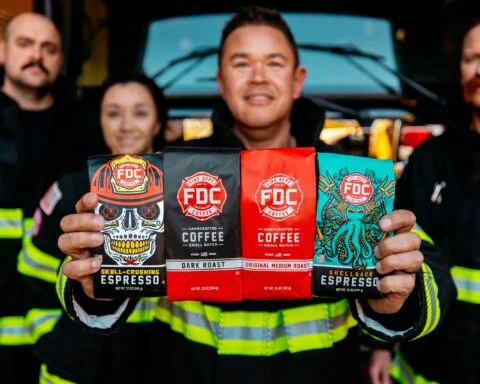(Business Name/What We Do) New Frontiers provides individualized (and in some cases, group settings) executive functioning/academic coaching and transition support across the lifespan, and also provide professional development to teachers/professors/support staff as well as employers. Our targeted areas of focus allow us to design a customized approach to coaching that addresses the various challenges life can throw your way and prepares clients with the tools to tackle those challenges both today and in the future!

(Founders Story) The business was born out of my previous experience in the education world. My family builds and operates private schools, mainly in/around NYC. Over the years, we’ve been involved in all types of programs—general education, special education, early childhood, K-12, and various cross-permutations of these. One of our (now former) schools (which still exists though we no longer operate it) had a group of students aging out/preparing for the transition to college. There was a concern (amongst their parents predominantly) that they maybe didn’t have the tools currently to make that transition successfully (less from an academic perspective and more from a social/life skills POV), which motivated me to look into that issue beyond our school, at both the K-12 (so kids graduating high school) and post-secondary (kids entering college)—and it turned out that our families weren’t the only ones with concerns (and in the case of students already in college, on-going challenges).
This eventually led us to a larger realization (you could say a lightbulb went off…which is an important element of our logo J): The transition to adulthood is for many people the most significant shift in expectations, required skills and self-advocacy up to that point in time—and from that moment on, the reality of that shift (that life is a constant stream of new (and potentially confusing/usually not well explained) experiences and challenges) becomes THE reality. SOCIETY AT LARGE DOESN’T DO MUCH TO PREPARE US FOR WHAT’S TO COME (and leaves particular groups of people in a significantly disadvantaged position as a result).
Our work revolves around helping individuals develop foundational and specific-to-the-individual skills and strategies necessary to navigate the vagaries of life (be they focused on academic, career, or day-to-day success—as they define success), and is delivered via a coaching model, through the lens of executive functioning skills development. The work is applied to all shapes and sizes of conventional and unconventional learners and individuals. We deliver our supports in-person and virtually, as preferred by our clients.
(Challenges) There’s two challenges that we’re facing: staffing challenges (for us it’s less about maintaining our focus on culture in an environment where we don’t get together in-person often and we are bringing new people on to the team (people who had not previously had a chance to experience the culture in-person)), and simply getting comfortable with the discomfort that can come with growing, and the associated pains/adjustments needed to support a business that already has a different complexion than a few years ago.
The growth pains likely come down to hiring and perhaps adjusting our thinking to bigger opportunities. We are in our 10th year of operation, but we still very much operate with an underdog/bootstrapped start-up mentality (which is where we came from, and I think those old habits that got us here are critical parts of our DNA in a good way, but also have the potential to hold us back a bit if we’re not careful…or perhaps if we’re TOO careful).
The culture piece is big, and I think central to us being able to continue to be successful to this point. We didn’t really have a formal ‘culture’ for the first…many years of our existence. I had a sort of sense of what I wanted us to look/feel/behave like, but it was never committed to paper, never repeated out loud/with any frequency, and as such was basically left to the interpretation of staff and external collaborators to really define. We’ve made very significant progress in that department, to the point that it directly informs who we hire and who we take on as clients (after lessons in both those departments were learned the hard way and a lot of work had to occur to undo costly mistakes)—so it’s not something that I’m willing to not maintain as a central focus. For people joining our team (which now counts both staff and clients coming from all over the country—and in some cases, globe), we make an effort to ingratiate them into our way of thinking/operating, but it’s definitely a heavier lift.
To be sure, not impossible, and I think we’re doing quite well with it. That doesn’t mean it’s on autopilot, and the consequence of it not being focused on has the potential to be our greatest challenge.
(Opportunities) The coaching industry is having a bit of a renaissance. Particularly since the pandemic, people have really had an opportunity to take stock of their lives, their values, their goals –and in many cases, recognizing that not only do they not have very concrete ones in place, but they may not necessarily have the tools/perspective to set these up in a way that they can be worked on (and ultimately achieved). So while coaching isn’t a new concept, I think historically it’s been a bit limited to folks in upper echelon positions. More recently, I think people are finding it much more comfortable (and perhaps socially acceptable) to not only ask for help, but to accept it—and those two steps are the key ingredients to progress! That’s macro. From a more micro/specific to OUR firm POV, we’ve been at this now for 10 years. Most people I spoke with then weren’t even fully sure what the term Executive Functions referred to (in fact, I used to just let friends refer to our work as tutoring, because that was the closest association they could make and it was exhausting trying to explain to them the nuances that differentiate what we do from what they may have experienced in other situations)—and with that, there was plenty of pressure for us to ‘pivot’ to something that was more digestible/established in terms of market presence. I spent a decent amount of time in our early years fending off that sort of feedback.
Today that’s not so much the case. Historically, we’ve worked with adolescents and young adults, as they transition to and through academia and into the workforce. We still do a lot of that, and it’s an area that we excel in and will continue to aggressively pursue. Particularly post-pandemic, though, we see a ton of opportunity in the corporate arena, as well as working with folks in other parts of the country/world who may not have been accessible to us before video became such a central communication tool.
(Advice to others) My advice is try to establish an operating mantra that puts the goals of the organization at the top of the totem pole, so that no matter what anyone’s individual objectives may be, there’s always that North Star shining bright and reminding everyone of the larger mission. There are systems/methods that have been tested and proven to work in businesses at every stage of development, across any industry—they just require the will from leadership to provide that vision. The system, if implemented correctly, should take care of much of the rest (including defining who sits in what seat, who’s accountable for what/to whom, and how achieving various milestones benefits the individuals who made that possible).
This is a video that I think would go well with this, about our culture:
Personal and Business Social Media Links:
https://www.facebook.com/danielbkoffler/
https://www.linkedin.com/in/dkoffler/
https://www.instagram.com/dkoffler/
https://www.instagram.com/_newfrontiers/
https://www.facebook.com/NewFrontiersNYC
https://www.linkedin.com/company/new-frontiers-efc/
- Eye Spy: Worldwide Eye Color Percentages - April 19, 2024
- Elevate Energy, Soothe Stress, And Peak Performance with The New UNBEETABREW Coffee Sensation - September 21, 2023
- Chef Bob’s Coffee: A Journey Fueled by Passion - July 29, 2023






